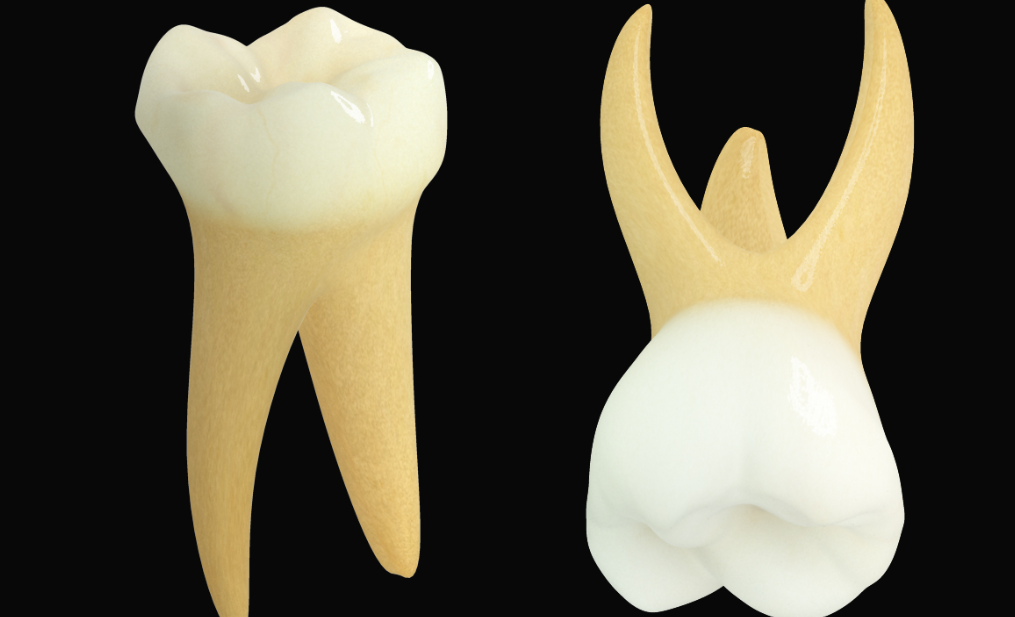
"Sixth-age teeth" refers to the first permanent molar of a child, which normally erupts at about six years of age
Clinical data and literature show that 'sixth-age teeth' have the highest caries rate, the proportion of removal and the incidence of other dental diseases are higher than other teeth.
Functionally speaking, it is also the most important molar, so special attention should be paid to its protection.
It is understood that the "sixth age teeth" have a low degree of mineralization when they just erupt, and the eruption time is relatively early, and the position is relatively backward, so it is not easy to clean when brushing, and it is easier to decay.
In recent years, more and more children's dental health has been paid attention by parents.
Cavity and groove sealing project is a preventive measure for dental caries, but also a comprehensive screening of dental diseases.
The pit closure programme targets children in Primary 2, when most children are already six years old and many already suffer from dental caries due to poor diet (e.g. sugar) and oral hygiene
If not taken seriously, further progression of the disease requires treatment or tooth extraction, or it may develop into a more serious oral disease.
Keep your teeth clean by brushing at least twice a day for at least two minutes and flossing to remove bacteria and food debris.
Children can rinse their mouth with a fluoride mouth cleaner to prevent dental caries.
In addition, a healthy diet is especially important for dental protection.
Children should try to avoid eating too much high-sugar, high-fat food, should eat more vegetables and fruits, moderate intake of protein.
Children should have an oral exam every 6 months to 1 year to detect and treat oral problems in a timely manner.
The following four conditions need to be corrected as soon as possible.
- The Earth covers the sky
Under normal circumstances, it is the outside of the upper teeth, the ground bag is the other way around, the lower teeth are in front of the upper teeth, which affects the child's normal cutting and biting function, and also affects the child's growth and development.
Because the lower jaw limits the upper jaw, the upper jaw is restricted to a certain extent, if not treated early, the replacement of teeth may always be a bag day, and may be more and more heavy. If you treat it early enough, the problem may not exist after the replacement.
- On the 𬌗 side
𬌗 is also known as mandibular deviation. Normally our jaw is in the middle, and when something goes wrong, some teeth don't bite very well, then it will tilt to the side to avoid the bite problem.
There are many reasons for 𬌗, and if it can be corrected in time, the 𬌗 problem can also be repaired.
- Mistakes caused by bad habits 𬌗
Bad habits are often some of the more persistent wrong habits in the child's growth and development process, affecting the teeth and jaw to develop in the normal direction, such as sticking out the tongue, biting the pencil, biting the hand, or oral breathing, abnormal swallowing habits.
- Premature loss of baby teeth
For this kind of premature loss of baby teeth, consult a pediatrician early and use a space retainer to keep it empty until the permanent teeth erupt.

